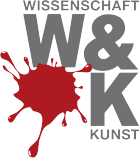WANDELN - A transdisciplinary and artistic-research lab
The pivotal point of the current research period is the transdisciplinary and artistic-research laboratory WANDELN. Here, socially urgent topics are taken up and new possibilities of joint research are explored. Central to this is the question of collective knowledge production in the sense of a democratisation of art and science. The laboratory is therefore an open and process-oriented experimental space. It is based on the following guiding questions:
What do questions, methods and knowledge spaces look like when artists, scientists and citizens research together?
How can a transfer of knowledge emerge that is effective beyond the universities and can initiate social change?
Laboratory as research access of the focus area
In addition to the WANDELN laboratory, experimental approaches also characterise teaching and public events as well as other projects in the programme area Contemporary Art and Cultural Production. Within the framework of the research project Spaces of Cultural Democracy, for example, a real laboratory functions as an experimental space in which sustainability, art, culture and education meet. It serves as a framework for developing formats, methods and materials for mediation spaces on the topics of climate change and sustainability. The Glücksparlament Wohnen, in turn, sees itself as an artistic research project in which questions of democratic co-determination on the topic of housing in Salzburg are negotiated and strategies for participation in (political) decisions are sought and developed.
Thus the laboratory is not to be regarded as isolated. Rather, it reflects the programme area’s inherent idea of open and transdisciplinary research between art, science and society.
Transdisciplinary team
The laboratory is run by a core team of staff from the Paris Lodron University and the University Mozarteum Salzburg, in collaboration with students and non-university cooperation partners.
Members of the core team are:
Katharina Anzengruber, Marcel Bleuler, Ulrike Hatzer, Ricarda Drüeke, Anita Moser, Doris Posch, Sonja Prlić, Elisabeth Schmirl, Elke Zobl
First phase of research
In the first research phase 2019/2020, we dealt with questions of scientific-artistic collaboration and research. How can we put our differently shaped approaches into dialogue and form alliances? What (new) possibilities can be found at the transdisciplinary interfaces? And what happens to arts and science when they orient themselves collaboratively to social lifeworlds?
Members of the core team developed – based on methods familiar to them – experimental test arrangements (e.g. artistic city walks, digital interventions, performative research formats), which were tested in the team and thought through further in a transdisciplinary way. Another focus was on experiments with participatory methodological approaches.
Overview and short descriptions:
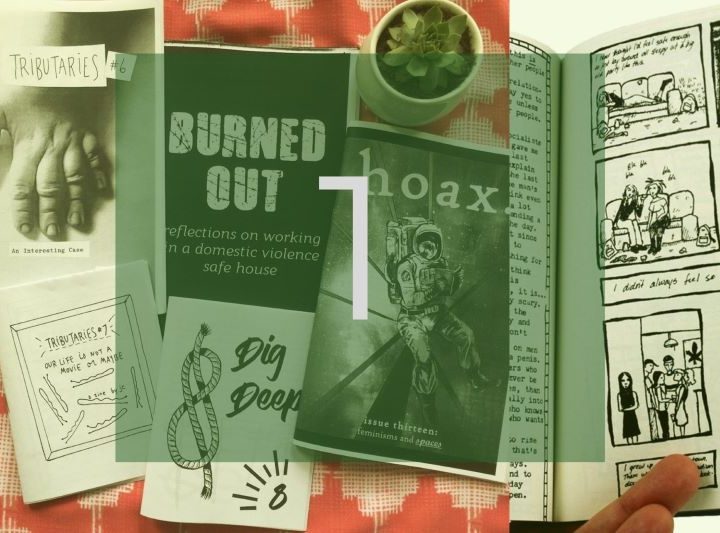
In a very personal lecture, Marcel Bleuler reveals a connection between scientific questions and private experiences. The lecture serves as an illustrative example for a more general discussion: What happens to scientific discourse and to art when authors include their private lives as a frame of reference instead of excluding them? What new questions does such disclosure allow and what points of contact arise for the recipients?
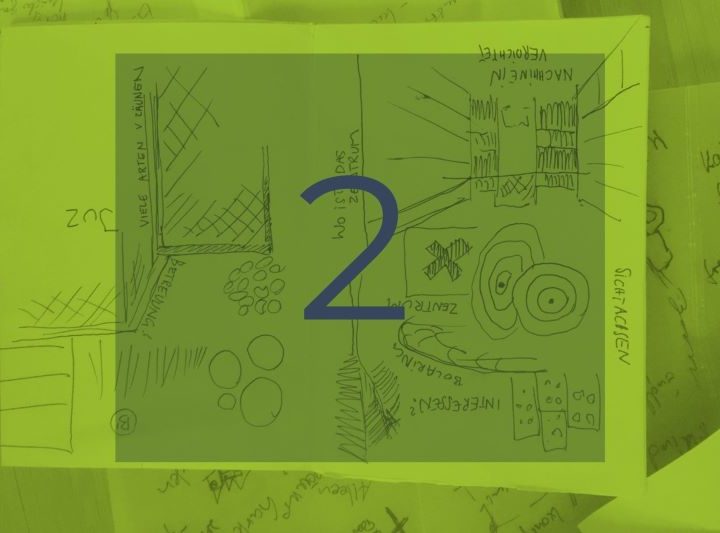
With Sonja Prlić, the lab team explores the Taxham district of Salzburg on a city walk. Between shopping centre, football stadium and large housing estates, we look for places of art, social engagement and creative free space and trace the special features of this district. The question of the extent to which the personal view against the background of one’s own biography shapes the perspective on art and society is the focus here.
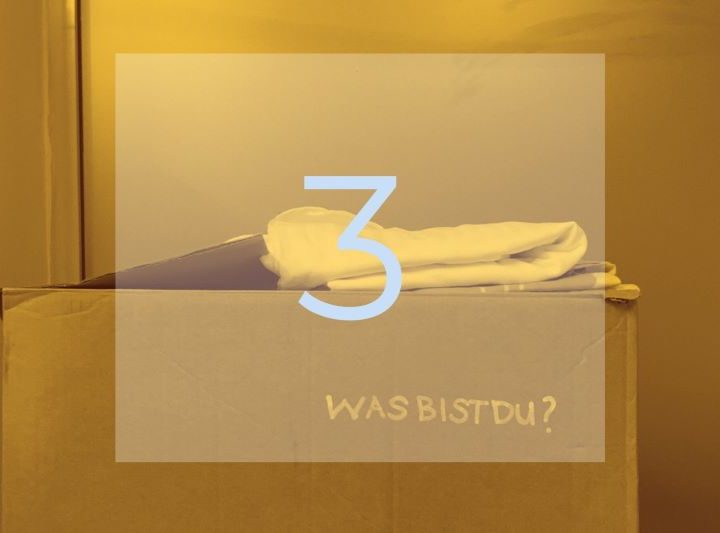
Elisabeth Schmirl invites the laboratory team into a former empty doctor’s surgery that has been used for cultural purposes in the meantime. Through the method of the kitchen conversation, questions about the material and reduction are posed and the exploration of one’s own space of action is explained. What meaning do we give to things that surround us? How do we deal with them? What does renunciation mean for sustainable behaviour? What role can art play in dealing with wasteland and abundance and in reaction to reduction and transience in general?
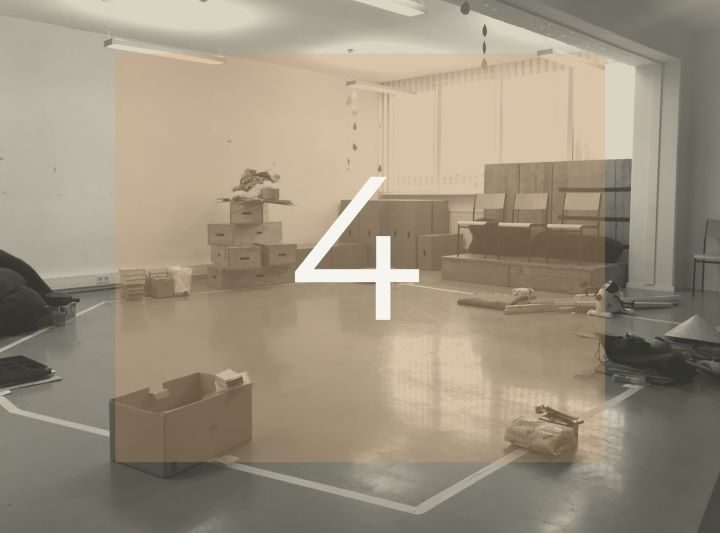
In this lab, Marcel Bleuler and Elisabeth Klaus provide an experimental starting point in which creativity is examined as a community-building element. In addition to the core team, they invite other guest researchers (artists, students and academic staff) to “do something” with the materials provided. The only restriction is that all participants are given a tool that they are not supposed to give out of their hands. The completely open situation requires the individuals to come together as a group in the improvisation. What dynamics of action emerge in this process and to what extent can they be transferred to the goal of collective transdisciplinary research at eye level?
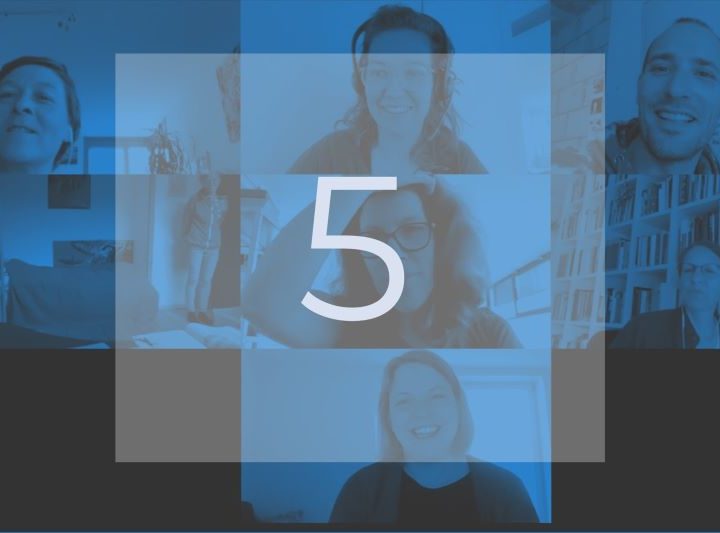
In this digital laboratory, Elisabeth Schmirl and Ulrike Hatzer develop an interactive performance-lecture that deals with the question of ordering material in artistic and scientific processes and everyday situations. What strategies of ordering, chaos and recombining can we transfer from one system to another and what new perspectives on research and art do new systems of order open up?
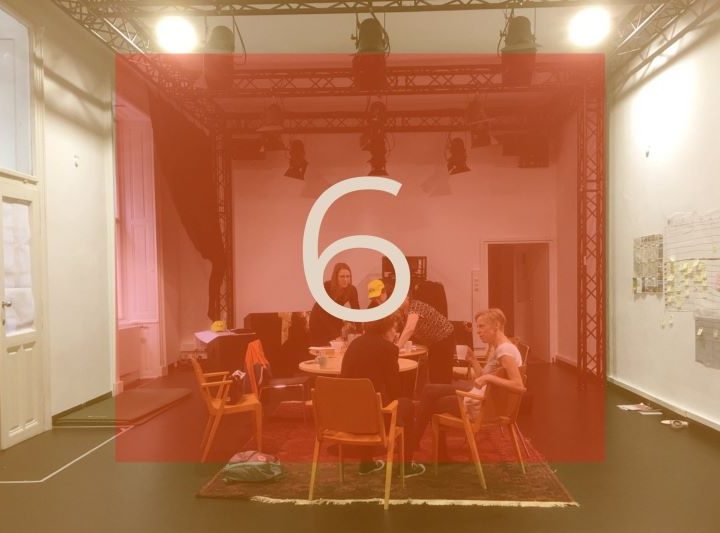
The lab prepared by Elisabeth Klaus and Sonja Prlić will take place online due to the Corona restrictions. The focus will be on the effects of the Corona pandemic on our teaching and research activities and the consequences for the “free scene” as well as on personal experiences with restricted physical contact and isolation in the home environment. Corona marks a social change that needs to be actively accompanied.
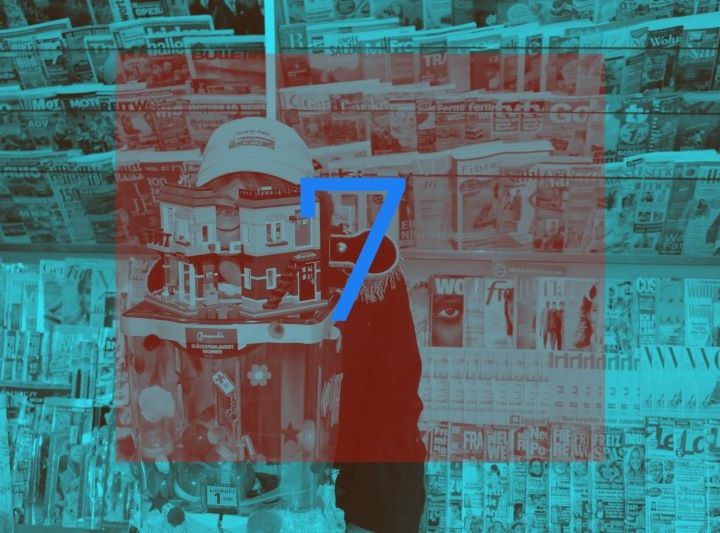
Ulrike Hatzer, Anita Moser and Sonja Prlić are calling for the “Lucky Parliament Housing” in this laboratory. Under the motto “Talking is silver, having a say is gold”, they set up a vending machine in a Salzburg tobacconist’s shop to draw lots for seats in the new residents’ parliament on housing in Salzburg. In the artistic intervention, they explore the significance of luck for social participation processes and the connections between art and political action.
Glücksparlament
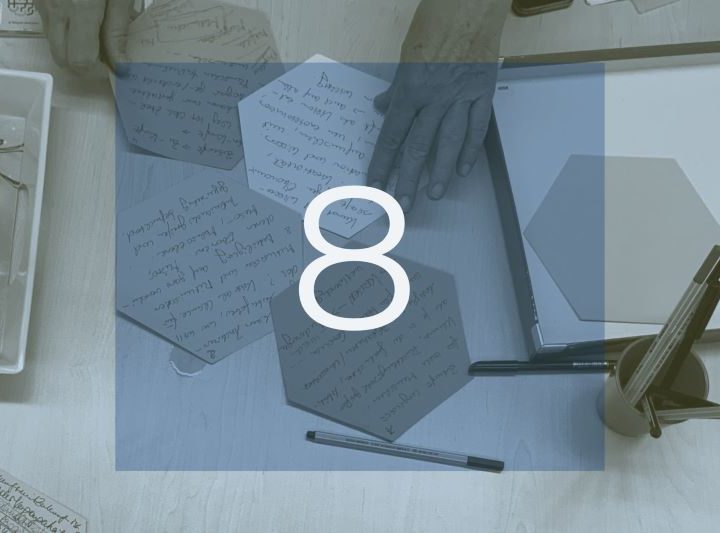
Elke Zobl and Katharina Anzengruber provide insights into a transdisciplinary laboratory in the research project “Spaces of Cultural Democracy”, in which ideas for experimental mediation spaces in the context of climate change and sustainability were developed. They take up the concept paper that emerged in the process, entitled “Zukunft mit Zukunft. Mitmischen und Mitgestalten” and discuss: Is such a title not provocative in view of the current challenges due to the Corona pandemic, but also the refugee crisis? What does a “future with a future” mean – in other words, a struggle for ideas of the future that start from a solidary shaping of social change? How can art and culture open up experimental spaces that invite people to help shape and reshape the present and create positive visions?
Zur Projektwebsite "Räume kultureller Demokratie"
Second phase of research
How can the theme- and process-open work in the lab be focussed and built up without taking away its openness? – This question initiated the second research phase, for which the core team started with an in-depth reflection on the previous experiments and working methods. It became clear that all members are still in favour of openness to processes, but at the same time feel the need for deepening of content and continuity. In order to ensure this, on the one hand, orientation points for the future experiments were defined, which should guarantee a build-up of knowledge. On the other hand, the lab members have formulated content-related tracks that they would like to pursue in subgroups from now on.
The work in the lab is guided by four parameters. Firstly, the lab focuses on current social issues that are clearly related to the framework theme of W&K (“The arts and their public effects: dynamics of change”). Closely related to this is, secondly, that we establish connections and collaborations with social actors as part of our research, testing new spaces of knowledge production and formats of knowledge negotiation. Thirdly, we are developing experiential knowledge on how collaboration between people from different contexts and social fields can work and become productive. The fourth parameter is the accompanying research. As part of our experimental work, we always include the question of their observation and reflection.
These cornerstones make it possible for us to follow different work tracks in subgroups while working on common overarching questions. We have established the following tracks at the end of the second research phase:
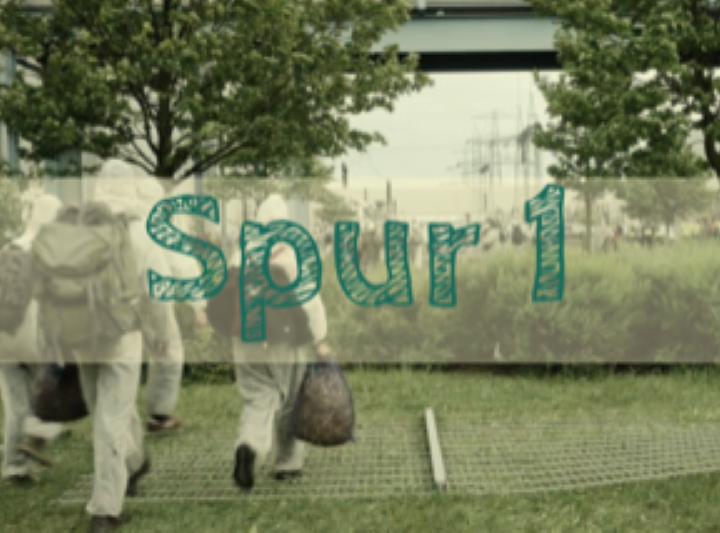
Spaces of Cultural Democracy
A transdisciplinary research project on the development of experimental mediation spaces using the example of climate change and sustainability
Mehr Informationen zu Spur 1
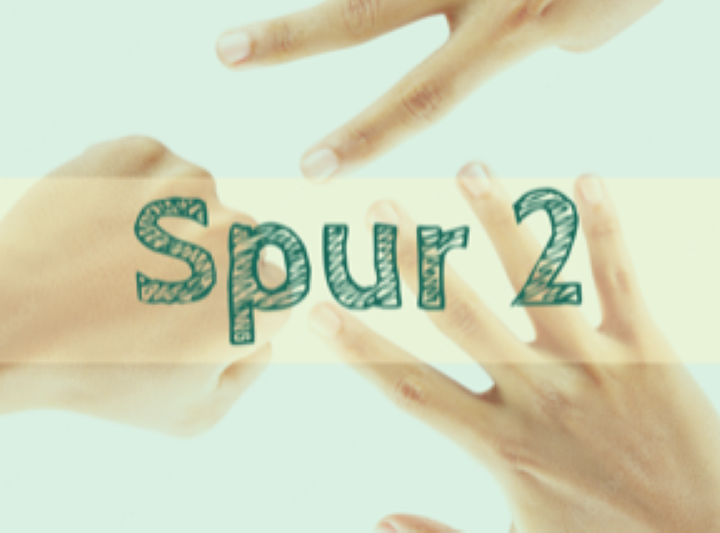
Lucky Parliament Housing
An artistically explorative project series in which strategies for participation in (political) decision-making are sought and developed.
Mehr Informationen zu Spur 2
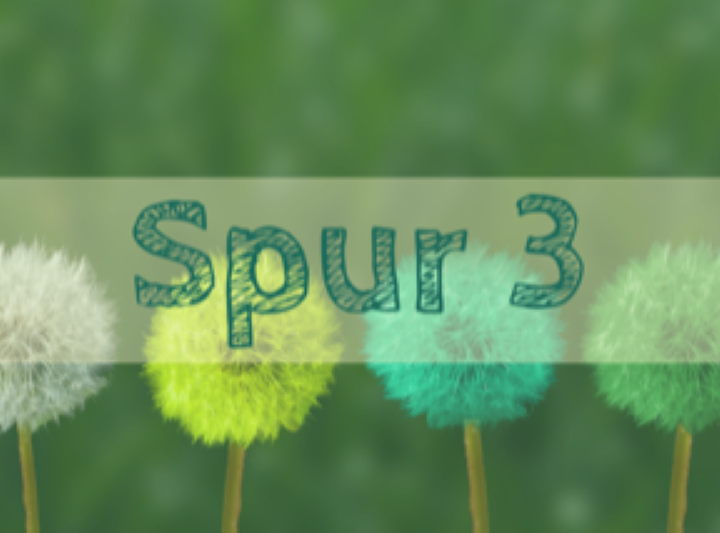
Artistic participatory projects in public space with BE students of the Mozarteum in Innsbruck
Mehr Informationen zu Spur 3
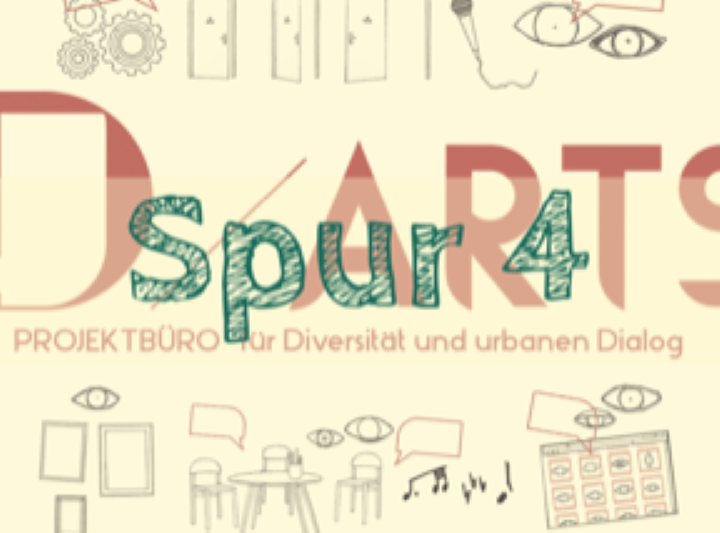
D/Arts goes Salzburg
Experimental field for framework conditions to strengthen diversity in art and culture
Mehr Informationen zu Spur 4
Phase of research 2
Termine
The laboratory team also met regularly during research phase 2.
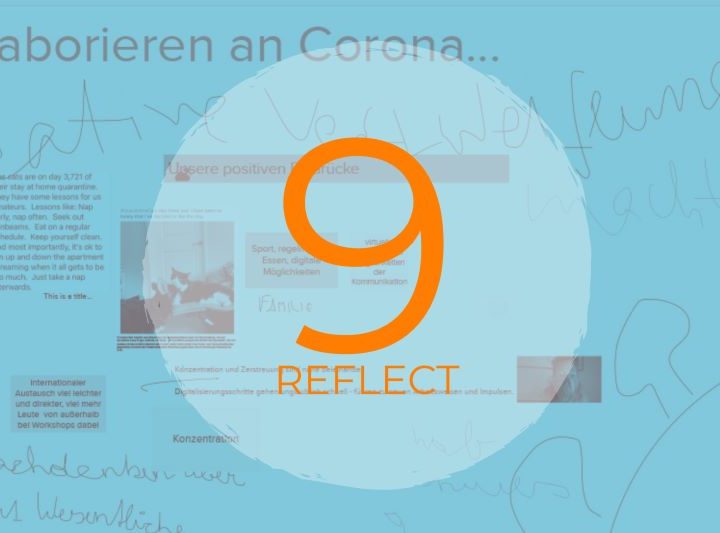
12.10.20: Spaces of Cultural Democrac: Reflexions
The starting point for this laboratory is the joint reflection on a concept paper produced in the research project “Spaces of Cultural Democracy” entitled “Future with Future. Mitmischen und Mitgestalten”: Is such a title not provocative in view of the current challenges due to the Corona pandemic, but also the refugee crisis? What does a “future with a future” mean – in other words, a struggle for ideas of the future based on solidarity in shaping social change? How can art and culture open up experimental spaces that invite people to help shape and reshape the present and create positive visions?
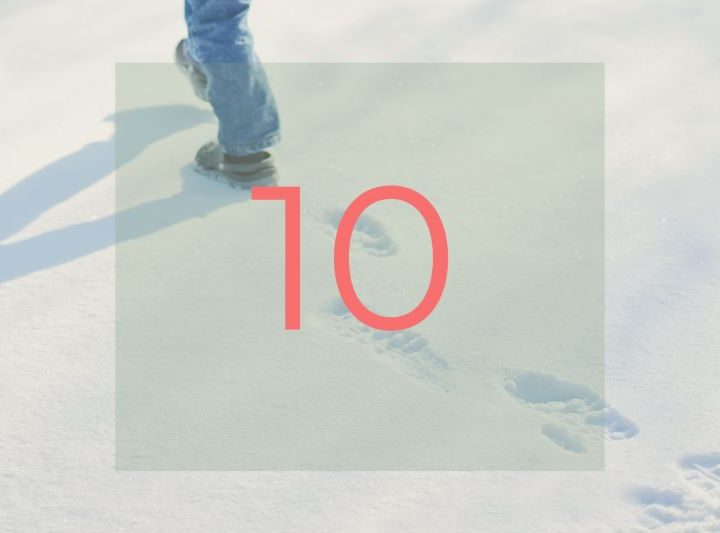
5.11.20: Labbing at Corona: Shared mapping on mural.co
The digital meeting on the visual collaboration platform mural.co, allows the lab team to reflect on the changes the pandemic has brought about on a societal and personal level, as well as in the context of universities, and how the lab’s central questions of democratisation of knowledge, participation of all actors in processes and open access to research need to be re-evaluated in the context of social isolation.
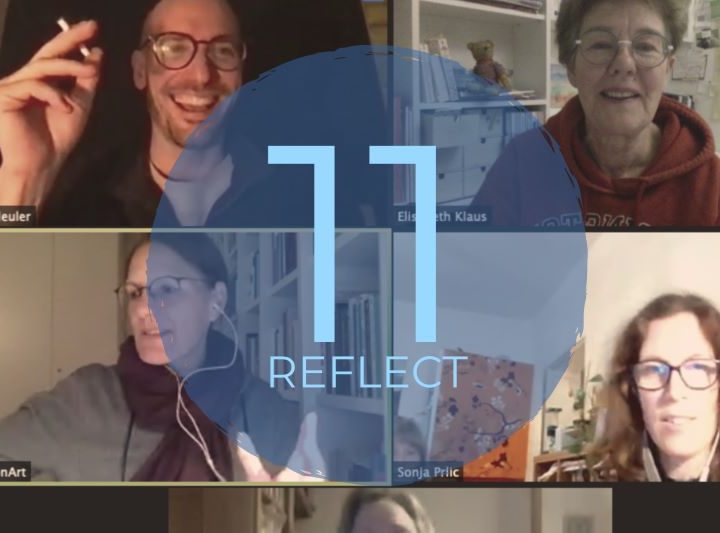
18.11.20: Workshop Talk "Artistic Research" with Jens Badura
In his lecture, Jens Badura addresses the questions: What does the world reveal when walking is understood as an aesthetic practice? How can we tap into the quality of experience that the controversial term “place of power” stands for? And why is atmosphere so important for transdisciplinary research?
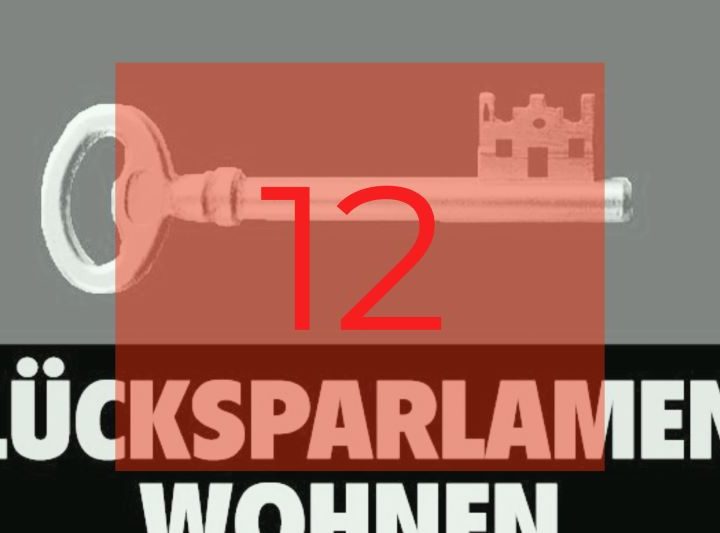
30.11.20: Digital reflection meeting on the padlet platform
In this meeting, the team will work out how the central themes of the lab, public space, current social transformation processes and everyday experts have been taken up and interpreted in the experiments so far, which working methods and approaches have been used and how research cultures can be rethought with these approaches.
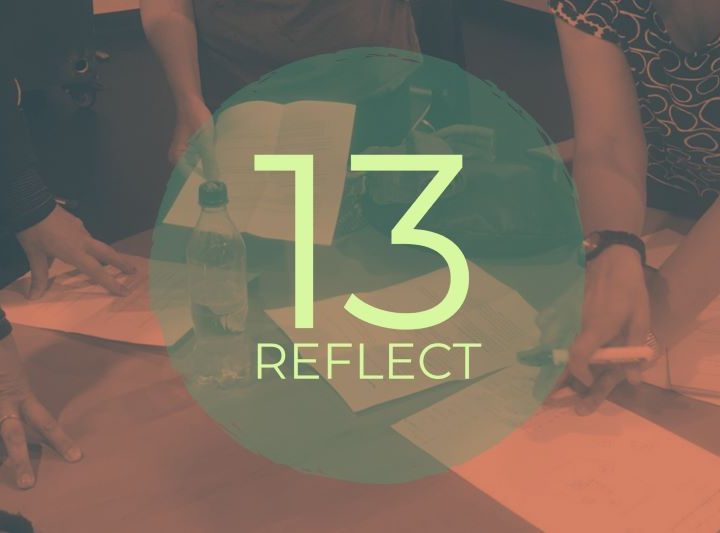
11.12.20: W&K Forum Lucky Parliament Housing
Instead of a discussion event, the project team found a decentralised format for this W&K Forum “Glücksparlament Wohnen” that provides a space for housing concerns in Salzburg. In order to make diverse opinions and voices on housing visible and audible, the concerns and statements of different people were collected. They were placed as QR codes on a map of Salzburg that can be explored in public space and digitally.
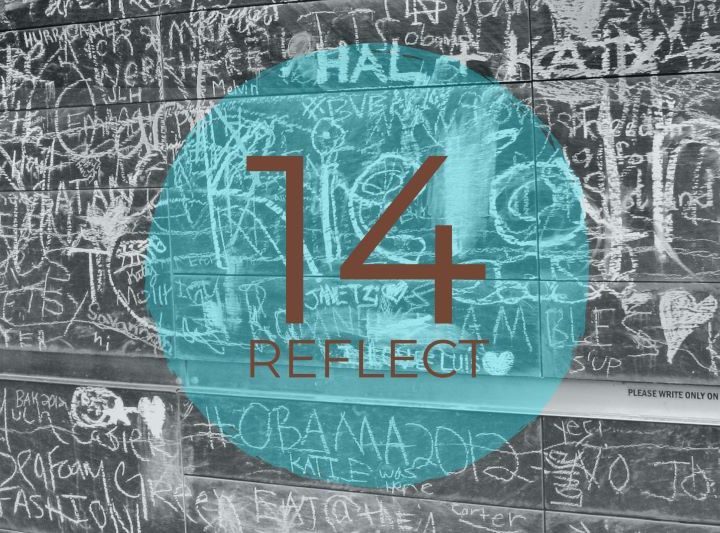
25.1.21: Digital meeting on the Trello platform
The creation of a digital archive is the focus of this lab meeting. In reflecting on the documentation materials, which make use of various media designs, the different artistic and scientific approaches and their interplay in the research labs will be discussed and connecting research strands will be worked out.
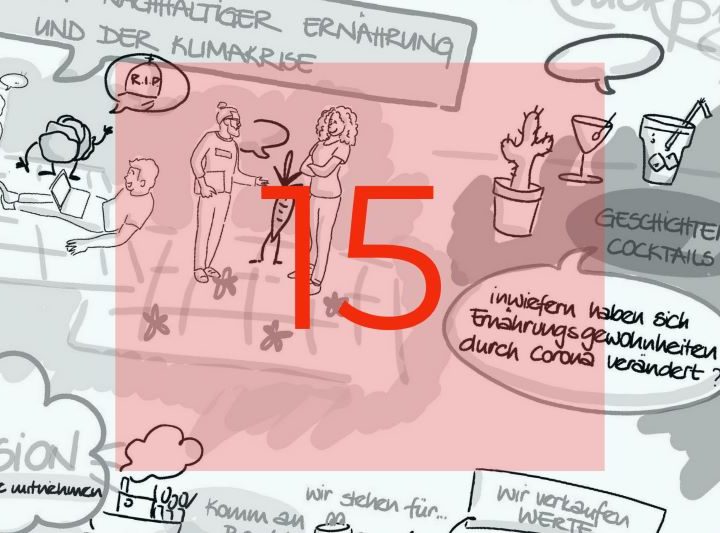
17.3.21: Digital Picnic: Storytelling in the context of sustainable food on wonder.me
Collecting and telling stories crystallised as a central track for the development of various experimental spaces in the project “Spaces of Cultural Democracy”. Against this background, the idea for a digital picnic on the wonder.me platform emerged. About 20 people from the arts, culture, science, education and outreach worked on the following questions on three virtual picnic blankets: What approaches and strategies are there for telling stories? What makes them worth telling? And: What are the special requirements one is confronted with when it comes to storytelling in the context of sustainable nutrition?
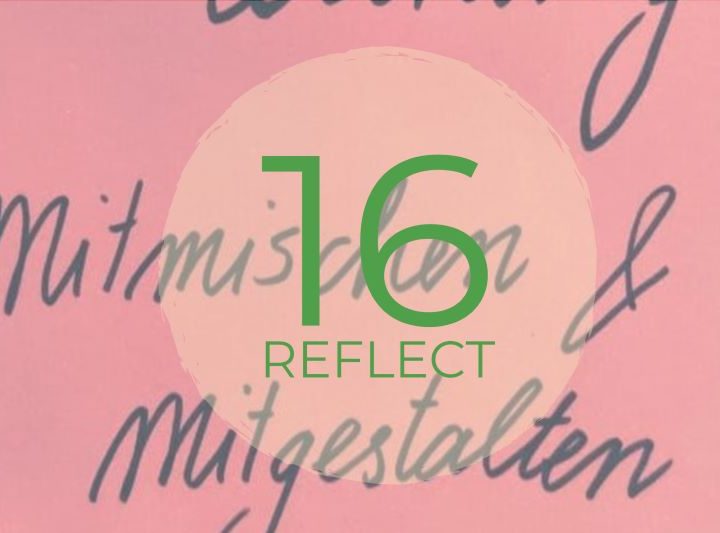
19.4.21: Reflection lab Lucky Parliament Housing
This lab is dedicated to reflecting on and further developing the approaches that were tested in the artistic research interventions of the lab project Glücksparlament Wohnen. In the context of the current debates on co-determination by means of citizens’ councils and parliaments appointed by lot, various approaches to the topic were tested. Among other things, the dialogue aspects and the playful format as a research approach, the question of drawing lots and changing roles within a research team and the significance of this change of perspective for methods of action research and artistic research are discussed.
